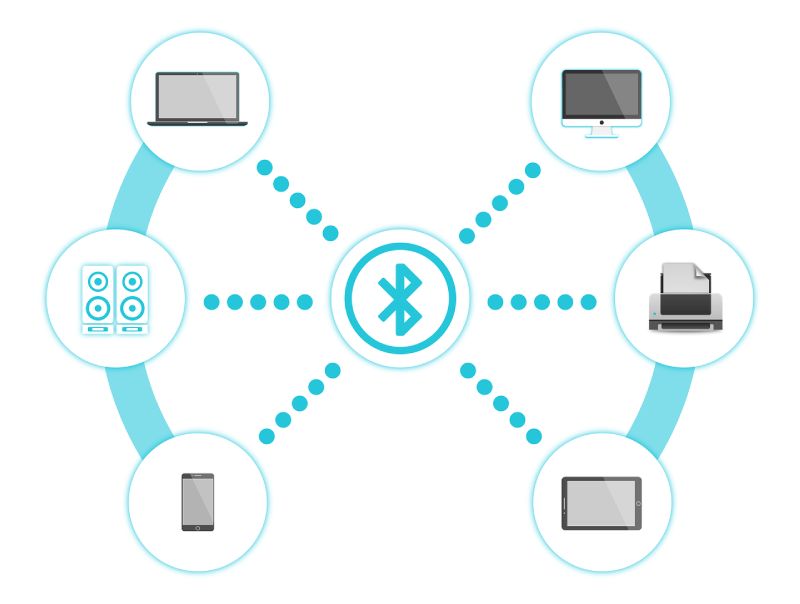A skilled writer knows how much money they save on therapy by crafting their stories, and a professional therapist understands the transformative potential of writing. Writing literature, of course, helps you choose the parts of your inner suffering that you can handle at any given time and connects you with your inner wisdom—that your logical mind cannot reach.
Additionally, we may go straight to the conflicting areas in our lives and utilise our creativity to overcome them when we employ creative writing to aid healing.
Let’s examine a few essential elements of therapeutic writing:
Table of Contents
1. Firsthand knowledge
We have a tendency to believe—erroneously—that fiction and reality are distinct from one another, failing to see that the things we assume to be “real” are only constructs of our minds, shaped by ideas our parents instilled in us as children and indicative of a warped worldview. Our inflexible responses to what happens to us repeatedly validate this warped perception of reality, which helps to keep the confusion going.
Through our characters’ perspectives, writers enable us to see the world from a variety of viewpoints than the warped ones we take at face value. We are able to view the world in a whole different way as a result. Furthermore, by altering the way we perceive the world in our writings, we will also change the reality in our lives, as what we experience—in our lives or our creations—is all that exists.
2. Direct entry into the unconscious
Right now, the motivation for our lives is concealed from both our conscious and unconscious minds. We are only the tip of the iceberg in terms of consciousness. Hidden beliefs underpin our behaviour patterns, dictating how we behave. We will have more opportunities to alter those damaging automatisms and patterns if we take more stuff out of the unconscious.
When we write creatively in a focused manner, utilising our inner knowledge and imagination impulsively, we can be sure that the stories we reveal will be unconscious narratives that require processing. In this regard, hiring a creative memoir writer is similar to having dreams—while they might not appear to make sense at first, they make perfect sense in light of how we interpret our experiences.
3. The ability to change into someone else
Our conceptions of who we are, who we are not, who we cannot cease to be, and who we can never become are rigid. However, those are only concepts, and their persistence sustains the illusion of our identity. But in our nature, everything is mutable and transient; nothing is permanent or set.
In addition, these rigid notions of who we are render our lives impracticable and frequently result in self-destruction. We might think we are worthless, foolish, awkward, or undeserving of affection. Although we would want things to be otherwise, it is how we “are.” We cling to ludicrous identities only because they are comfortable; otherwise, we risk feeling lost or uninformed.
By introducing ourselves in writing to strangers, we might let go of the rigidity of our self-image and discover new perspectives on life. This gradually allows us to to let go of our sense of “I” and become more accepting, adaptable, and loving individuals.
4. Admit our mistakes
Sometimes, the reason our disagreements persist is that we are unable to resolve our inner conflicts. We feel we lack the means or are destined to respond to stimuli in the same manner every time.
For millennia, the narrative has focused on advancing characters in their struggles and repeatedly clearing the drain of their pain. To help people break out of their immobility, our imagination may provide the tools, encouragement, confidence, openness, resources, and support they need. Naturally, our issues are the same as our characters’ conflicts. Therefore, we celebrate the character’s freedom when he does in one of our stories. Thus, the conflicts we wish to resolve at any time inform our choices about our characters and the stories we write. Furthermore, I promise that a miracle will occur.
5. Modification of patterns
Our recurring ideas and patterns are often highly negative; they tend to put us in constricted mental states and narrow-mindedness, which is tough for us to escape. We continue to spend our lives in a state of dread and ignorance.
Through our characters’ actions, we can transform negative attitudes related to fear, selfishness, or ignorance into more positive ones related to compassion, tenderness, and joy. When combined with space and openness, these positive attitudes lead to a higher level of consciousness and clarity when living. This is the territory of creativity, where we allow ourselves more room to manoeuvre because we do not consider it natural.
6. Handle our stored memories
Our inability to integrate prior events in a convenient way (due to their overwhelming power or excruciating agony) has resulted in a bad memory that is fragmented, eternal, and timeless. This is one of the primary causes of misery in our lives.
Occasionally, we project those nearly indiscernible shards of poorly digested previous memories onto the sensations of the present, which can lead to intense helplessness, fear, or worry in the face of circumstances that don’t appear to warrant these disproportionate responses.
Through The Tiny Tech, creative writing enables us to quickly access and analyse those frozen memories. It’s a beautiful way to make peace with our history and finally move past things that have plagued us. After being processed, these traumatic memories will be retained as regular memories that inevitably adjust to our current feelings to support our progress.
7. Make amends with your inner child
Inside each of us lies a wounded child or girl, often hidden away in the darkest recesses of our avoidance. By writing to them therapeutically, we may establish a connection, have a conversation, find out what they need from us, and find out how to support them. We may enter the past and save him by making creative suggestions that would give him the precise things he lacked at the time.
But now that we have the resources we lacked at the time, thanks to our maturity and experience, you can get it. By sharing our tales, we may embrace the boy or girl who lives inside of us, acknowledge their presence, and ensure they never feel alone again.
8. Convert grief into happiness
When faced with a challenging or tedious circumstance (such as undergoing medical testing), I always consider it to be story material, adding more complexity to the experience. When we write and our characters suffer—as do we—beautiful art triumphs, which makes us happy. Because our raw material is precisely what we deem “negative” in our lives—conflicts and suffering—creativity enables us to transcend the binary between positive and negative. Let’s return to Leo Tolstoy’s opening line from Anna Karenina: “Every happy family is the same, but every sad family is miserable in its own manner.” This sentence, in my opinion, captures the spirit of literary transcendence.
9. Establish connections with people
Isolation and loneliness are the root causes of our inner problems and traumas. No matter how terrible the incident was, what traumatised us was not the event per se but rather the circumstance of finding ourselves in our misery, alone and unsupported, for whatever reason. That we require and, thus, the inability to share our suffering with others forced us to turn to drastic survival strategies like paralysis or dissociation, which still do us damage today.
Also read:- Unleashed by WordPress: An Extensive Look at Advanced Web Hosting Methods
- Drones: Basic Uses, Information, Features & More – 2024 - April 9, 2024
- When to Use Asymmetric vs Symmetric Encryption - April 8, 2024
- 7 Key Benefits of opting .NET for Web Development in 2024 - April 6, 2024



